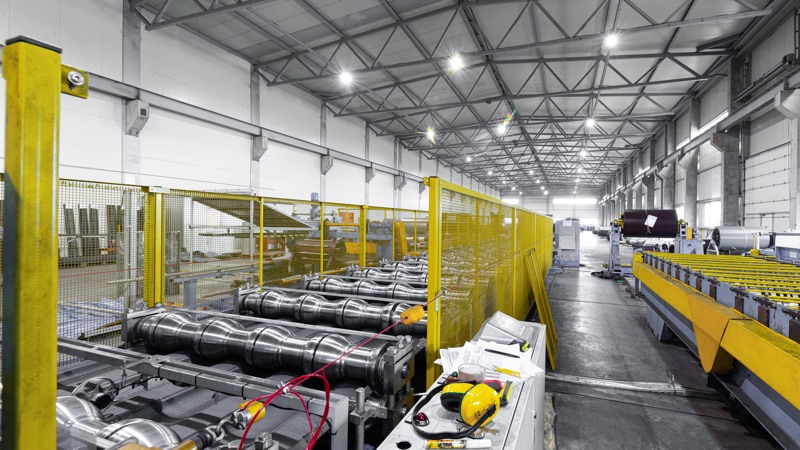
When it comes to LED light manufacturing, manufacturers prefer to use aluminum alloy due to its many benefits. The use of aluminum alloy has become increasingly popular over the years as it is cost-effective, lightweight, durable, and offers excellent thermal conductivity. In this blog post, we will explore the advantages of using aluminum alloy when manufacturing LED lights.
1. Cost-Effective
One of the most significant benefits of using aluminum alloy is its cost-effectiveness. Compared to other materials, such as copper and steel, aluminum alloy is much more cost effective to produce. Additionally, aluminum alloy is readily available, making it easy for manufacturers to obtain and use in their production processes.
2. Lightweight
Aluminum alloy is incredibly lightweight, making it an ideal material for LED light manufacturing. The lightweight nature of aluminum alloy allows LED lights to be easily transported and installed. Additionally, the use of aluminum alloy reduces the weight of the final product, making it easier to handle.
3. Durable
Aluminum alloy is incredibly durable. LED lights made from aluminum alloy are resistant to corrosion and can withstand harsh environmental conditions. Additionally, aluminum alloy is impact-resistant, making it an ideal material for LED lights that will be installed in areas with high foot traffic.
4. Thermal Conductivity
Aluminum alloy offers excellent thermal conductivity, making it an ideal material for LED light manufacturing. The high thermal conductivity allows heat generated by the LED to dissipate quickly, reducing the risk of damage to the LED chip. Aluminum alloy also offers better thermal conductivity than other materials like copper.
5. Environmental Benefits
Aluminum is a highly recyclable material, which makes aluminum alloy LED lights more environmentally friendly than those made of steel. Recycling aluminum uses only 5% of the energy required to produce new aluminum, which helps to reduce energy consumption and greenhouse gas emissions.
The cost-effectiveness, lightweight nature, durability, and excellent thermal conductivity of aluminum alloy make it an ideal material for LED light production.







